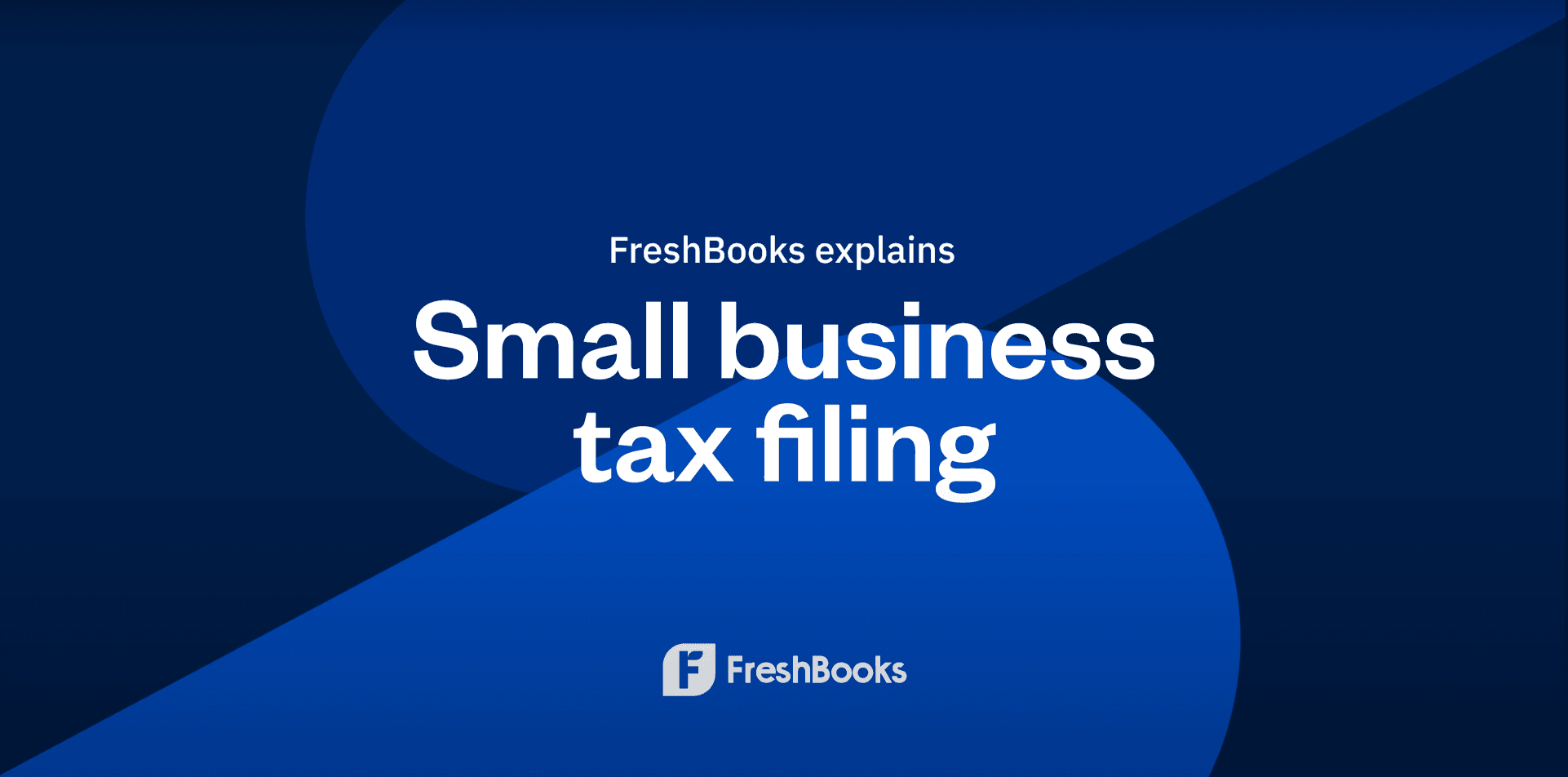List of Common Tax Deductions for Owner Operator Truck Drivers
Updated on August 12, 2021 | 4 min. read
Tax season can always be a stressful time of year. You might not have all your documentation prepared or even know where it is. And, you might not even know if there are any tax deductions that you can claim as an owner operator truck driver.
Knowing which tax deductions and the type of expense you are eligible for are great ways to help you save as much money as possible. It might not seem ideal, but being prepared for tax time is one of the best things you can do. It can help save a ton of time and reduce any stress levels.
Keep a detailed record of any of your travel expenses or per diem rates that are related to your job. Staying as organized as you can will make things easier down the road. It can be a challenge, but it can help avoid any unexpected surprises.
Some Things to Consider
Since you are an owner operator truck driver, you are the one that’s responsible for organizing and paying your taxes. And there are a few types of taxes you need to take into consideration.
The first is self-employment taxes. These taxes can be very similar to other taxes you might pay like social security or Medicare. According to the IRS website, 15.3% is the self-employment tax rate. Take a look at the IRS website for more details.
The second is state and federal income tax. When you are an employee, taxes get withheld from each paycheck and your income tax is calculated when you do your tax return. But, since you’re an owner operator, it’s up to you to estimate the payments.
Estimating Profits for Deductions and Record-Keeping
Knowing how to properly estimate your profit as an owner operator allows you to estimate any tax payments. When you can estimate your profit you can determine how much you will need to pay in tax at the end of the year.
To determine your net profit, you can use this formula: gross pay - allowable business expenses = net profit
Estimating your profits accurately will help avoid paying higher taxes. If you don’t show the proper deductions or even file your tax return, the IRS will assume you have taxes due. And the amount they determine will likely be much higher compared to properly filing your return.
Common Tax Deductions for Owner Operator Truck Drivers
Some trucking companies might have some differences when it comes to truck driver tax deductions or tax breaks. It all depends on the type of business the trucking company is in and their vehicle operating expenses. That said, there are common deductible business expenses that most owner operator truck drives can claim, including tax deductions for truck drivers.
- Meals: if you need to stop to eat or for rest to be able to do your job, the cost of meals is a deductible expense. Some companies have per diem or standard meal allowance in place when it comes to meals. Make sure you keep any receipts as proof of actual meal expenses.
- Lodging: similar to meals, if you need to stop to rest to perform your job, then lodging is a deductible expense. This can include actual lodging expenses like staying at a motel, hotel or bed and breakfast while on the road.
- Operating expenses: things like fuel costs, insurance premiums and overall maintenance are deductible. It’s important to keep the necessary receipts and documentation as proof for vehicle expenses.
- Business expenses: it depends on the type of business that you do, but most owner operators can deduct general expenses for business purposes. Things like subscriptions, fees or office supplies. It could also include things like the internet, a mobile phone or a laptop if they’re needed to perform your job duties.
Some other common tax deductions:
- Interest that has been paid towards a business loan
- Start-up costs
- Lease payments
- Specialty accounting services
- Communication equipment like a radio
- Repairs or truck accessories
Key Takeaways
Tax season doesn’t have to be a time to be afraid of or struggle through. There are certain things that you can do throughout the year to help prepare you for when tax time comes around. Keeping accurate records of actual expenses can be a time-saving friend as an owner operator truck driver.
While the list of common business expenses above is by no means comprehensive, it can give you a good start to knowing what you might need to prepare. Keep a detailed record of travel costs like total mileage and any maintenance costs. And make sure to save any receipts or documentation for any expenses.
Did you enjoy reading this guide? Head over to our resource hub for more great content!












